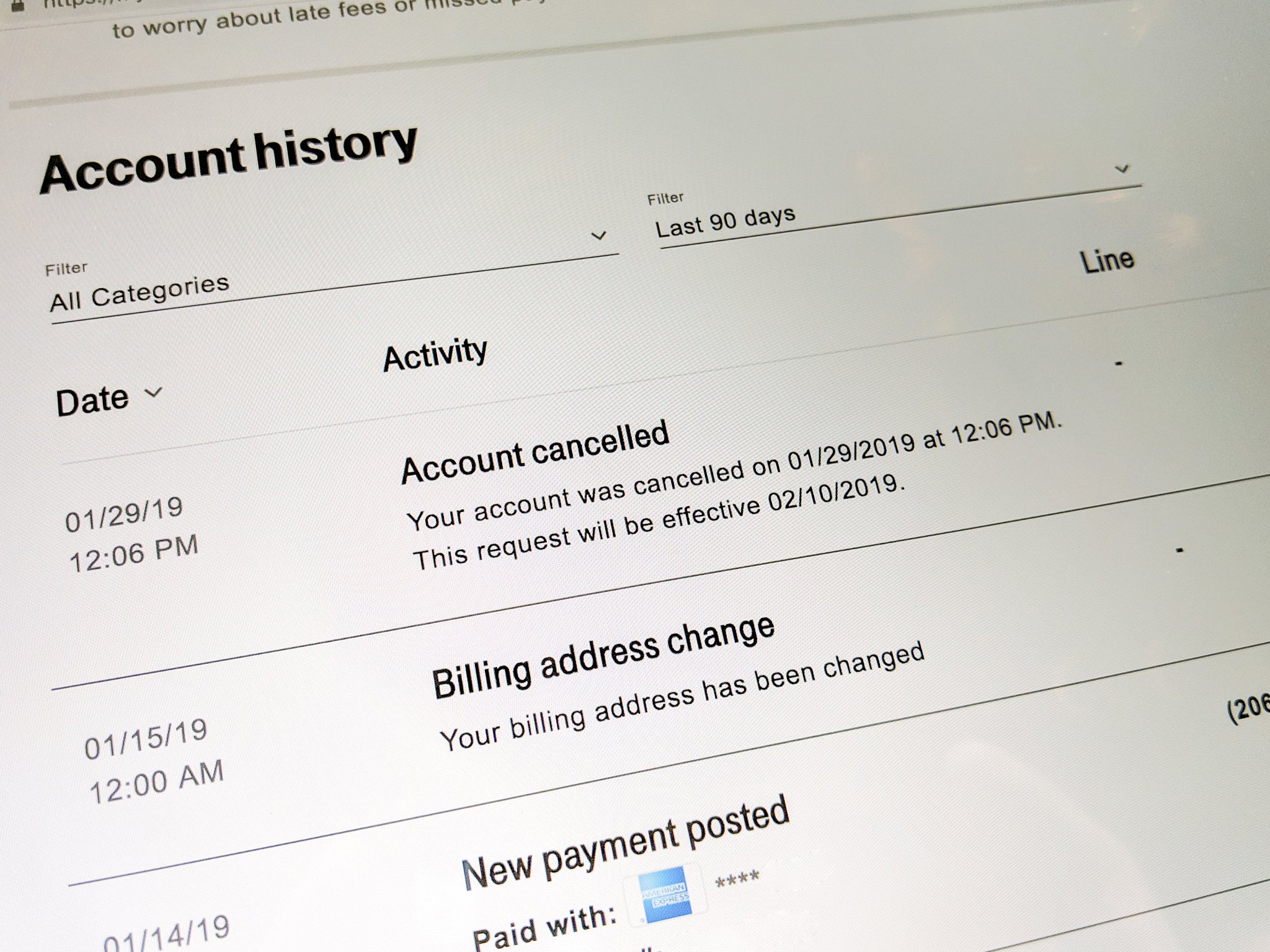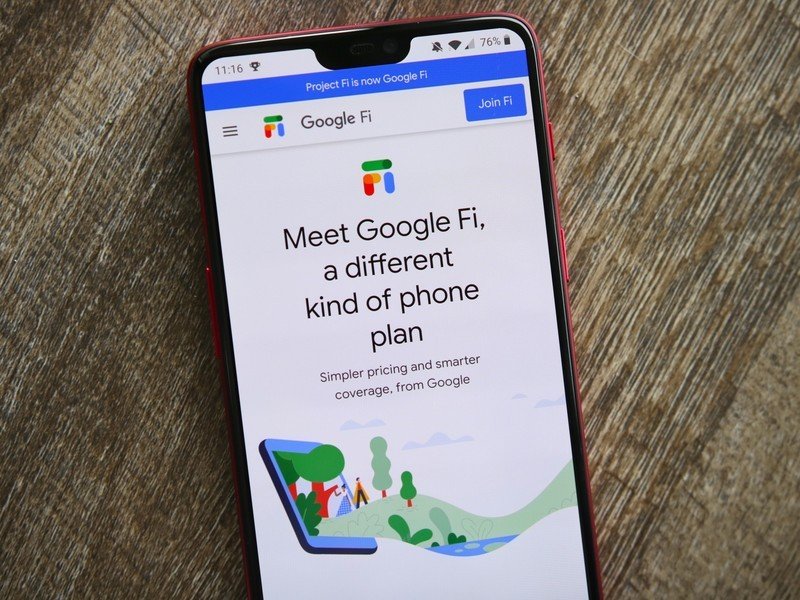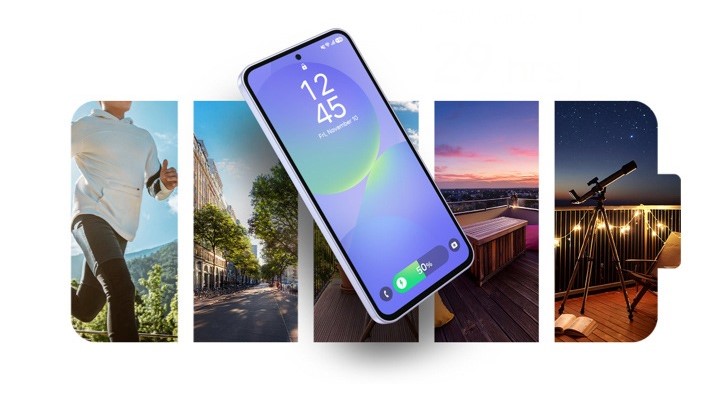Bye T-Mobile, I just switched to Google Fi

After some eight years of steadfast T-Mobile loyalty, I canceled my account last week. I've been with T-Mobile for longer than that, actually, starting with a prepaid line about 10 years ago. But still, I've had this particular postpaid line for the better part of a decade. And I gave it up not because T-Mobile did anything particularly poorly or treated me badly. I canceled T-Mobile because Google Fi is just ... better.
T-Mobile was fine, but Google Fi simply did everything better ... with a lower bill.
What set me down this path originally was T-Mobile's plan structure. I was still on an older "Simple Choice North America" plan, which like so many others had been unceremoniously deprecated and replaced. My plan had just 2GB of data per month, and because it was no longer offered, if I wanted to use more data regularly — which I did about half of the year, particularly when traveling — I had to switch plans entirely. And the only option is T-Mobile One, which has unlimited data but is much more expensive: $70 per month, versus the $55 I was paying.
I've been using Google Fi, on the side, as a secondary carrier since it was invite-only Project Fi that only worked with Nexus phones. I've loved the simple billing, good app, seamless (and fast) international data, easy device management, multi-device calling, and texting, and the ability to pause service. There are so many reasons Google Fi is a great carrier. But until recently, it was only officially supported in a handful of devices, which kept me from relying on it as I so hop between unlocked phones so frequently.
But now that Google Fi is fully supported for use in any unlocked phone, in addition to my Pixel's eSIM, the dual carrier strategy didn't make sense. Facing a move to a $70 per month plan on T-Mobile, there was no longer any reason for me to stick with the carrier. So I cancelled, and I don't regret it one bit. (And to T-Mobile's credit, the customer service experience of cancelling was short and simple. Kudos.)

That point of money is an important one, because I commonly hear people refer to Google Fi as being "expensive" for the data because you pay per gigabyte, while continuing to use the big four carriers' unlimited plans. The truth is, for my use, even T-Mobile (which is cheaper than the competition) is more expensive than Google Fi. I typically use 2-4GB of data per month. During a hectic travel season, I may use 6 or occasionally 10GB in a month. What does that cost me? A 2GB month is $40. 4GB month, $60. 6GB or 10GB month, $80. So why would I pay T-Mobile $70 every month for unlimited data that I won't use? The numbers just don't work out in T-Mobile's favor.
And that's great for me, because I really wanted to use Google Fi anyway. Fi's international data is consistently faster than T-Mobile's, and doesn't cost anything extra. Billing is dead simple and connected to my Google account. I still get multi-device calls and texts when I need them. I can have a data-only SIM for my hotspot that costs me nothing but for the data I use. It works in any phone, and when I use a "made for Fi" phone — like my Pixel 3 XL — I get extra coverage and features. So Google Fi is cheaper than T-Mobile, and still has better service and features that I enjoy. It's a true win-win.
T-Mobile still offers a compelling product for people who have multiple lines or other specific needs, but I couldn't keep using it in my case while Google Fi was sitting there offering me more for less.
Be an expert in 5 minutes
Get the latest news from Android Central, your trusted companion in the world of Android
Andrew was an Executive Editor, U.S. at Android Central between 2012 and 2020.

